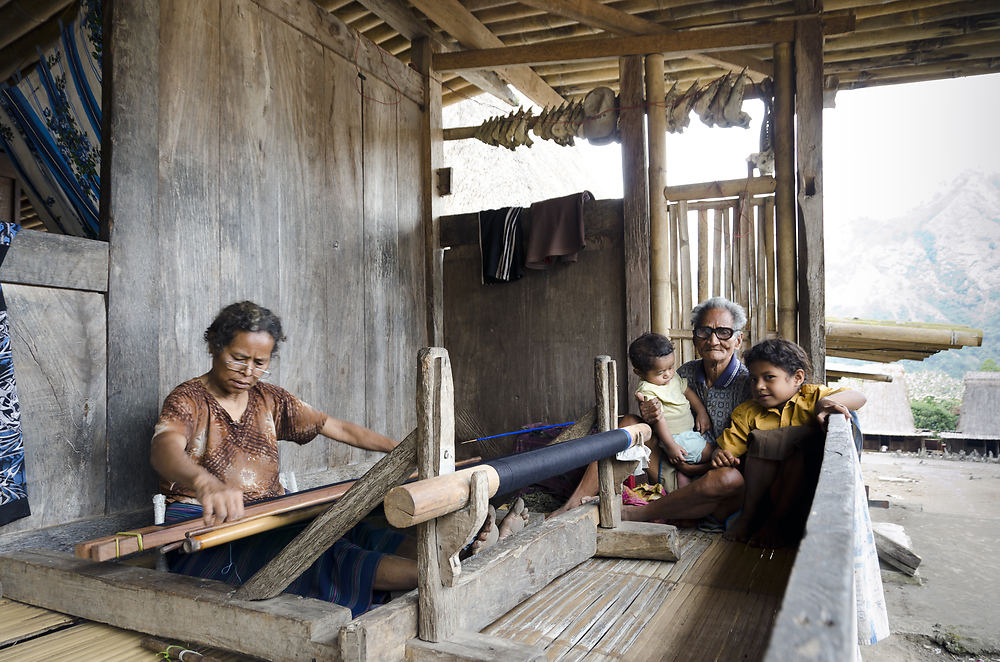October 21, 2021 | Press Release
New Study Analyses Interrelations Among Family Characteristics

© iStockphoto.com/funky-data
Andrés Castro, researcher at the MPIDR, and colleagues provide an in-depth description of family configurations in low- and middle-income countries and find correlations that explain trends that have been characterized as paradoxical in previous studies.
“We provide an in-depth description of family configurations in low- and middle-income countries, how they distribute across the globe, and how they change over time”, says Andrés Castro, Research Scientist at the Max Planck Institute for Demographic Research (MPIDR) in Rostock, Germany. The study was published in the journal Population, Space and Place.
Andrés Castro and colleagues from McGill University and the University of Pennsylvania built family configurations: a set of interrelated features that describe different patterns of family formation and structure. Among other things, these features include partnerships and their stability, gender relations, household structures, and reproduction levels.
Strong correlation between partnership and gender regimes
The researchers relied on 20 family indicators drawn from 254 Demographic and Health Surveys starting in 1990, covering 75 low- and middle-income countries. “Factorial and clustering techniques allowed us to summarize our family indicators into six discrete family configurations”, says Andrés Castro.
The researchers found a strong correlation between traditional partnerships and traditional gender norms within households as well as in society. That means in regions where early marriage, stable partnerships, and early motherhood are the norm, women, for example, seldom participate in decision-making or in the formal labor market.
Little influence on fertility levels
“Interestingly, these configurations do not have much influence on reproduction levels”, says Andrés Castro. Traditional partnership and gender regimes are observed among societies with both high and low levels of fertility and contraceptive use.
The researchers also found that in Africa and Latin America, family configurations differ between urban and rural areas, whereas this is less common in Asian, the Middle East, and former Soviet republics. “This geographical variation suggests that the so-called Western family model unequally spread around the world, and that it has permeated more in urban rather than rural areas”, adds Andrés Castro.
Differences between urban and rural areas
Family configurations also differ in how their characteristics change over time. In general, this change is uneven; there are rigid family configurations, for example, in rural areas in Asia and the Middle East as well as rapidly changing, less traditional family settings in cities in Latin America and Africa.
“Our results underline the need for a perspective that accounts for the interrelated nature of family characteristics including partnerships, gender relations, household composition, and reproduction”, says Andrés Castro. The patterns the researchers found were only apparent because they focused on the interrelations among family characteristics. “That is why our approach helps to illuminate trends that have been characterized by the previous studies as stalled transitions or paradoxical trends”, says Andrés Castro.
Original Publication
Castro, A., Pesando, L.M., Kohler, H.P., Furstenberg, F.F.: Family Change and Variation Through the Lens of Family Configurations in Low- and Middle-Income Countries. Population, Space and Place (2021). DOI: 10.1002/psp.2531
Authors and Affiliations
Andrés Castro, Max Planck Institute for Demographic Research, Rostock
Luca Maria Pesando, McGill University
Hans-Peter Kohler, University of Pennsylvania
Frank F. Furstenberg, University of Pennsylvania